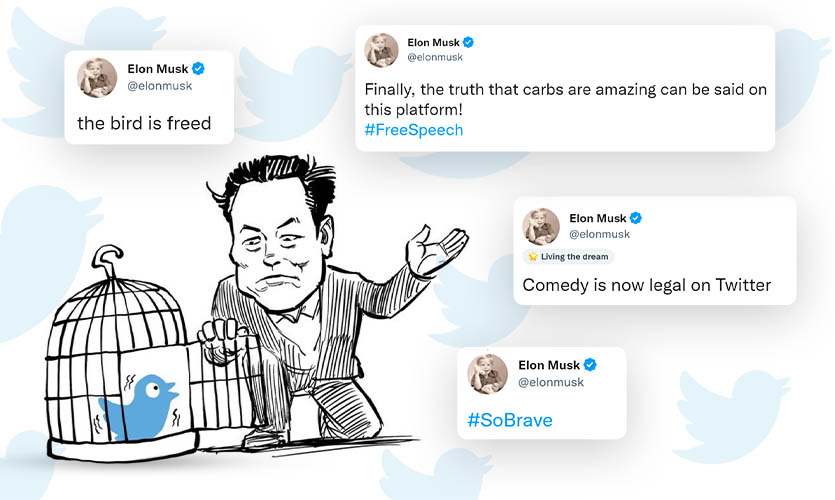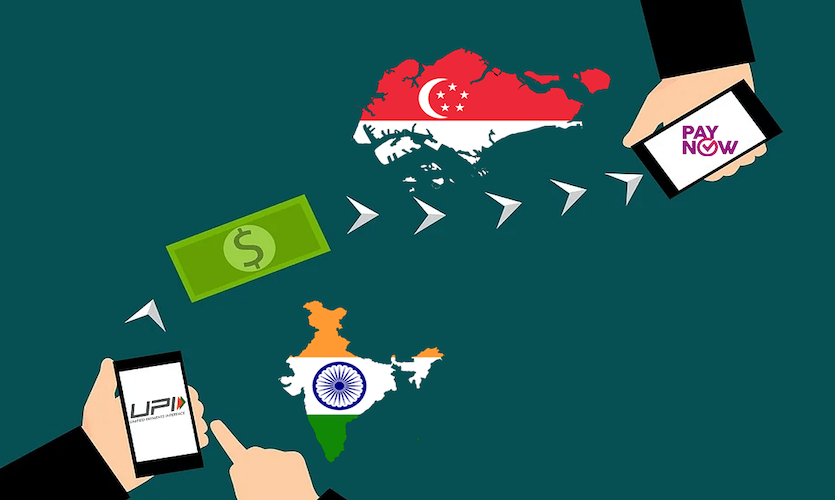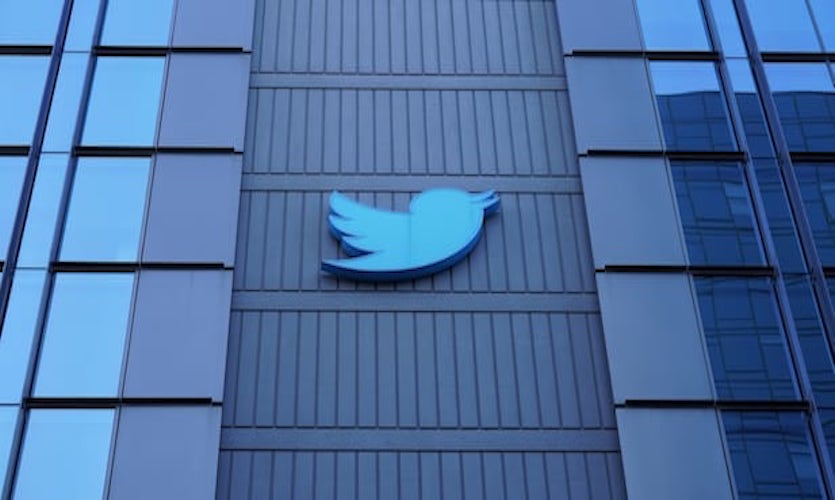Even though Elon Musk has only been Twitter’s CEO for three days, he has already made a notable impact on the platform, starting with altering the site for users who are logged out. While some alteration is structural in nature, others come in the form of content moderation, and the likely regulation of free speech.
To begin with, the “Chief Twit” has planned to lay off middle managers and engineers who haven’t contributed to Twitter’s code base recently, with the help of Tesla engineers he brought into Twitter as advisors. The first round of employee cuts is expected to take place this week, with managers already creating a preliminary list. Since Musk took over last week, employees have been working late into the night and on weekends, to execute Musk’s projects. The Washington Post claims that layoffs are expected at the company following the acquisition, and staff members who oversee critical content policy issues are likely to be the first to be laid off.
Twitter’s top managers, including its directors of advertising and marketing, have reportedly been leaving the firm, as per latest reports, and a source with firsthand knowledge of the situation. Tuesday saw an open letter from a coalition of more than 40 advocacy groups, including the NAACP and Free Press, asking Twitter’s top 20 advertisers to halt their advertising if Musk eliminates content moderation on the network. Mediabrands, a subsidiary of ad holding company IPG, has instructed its clients to halt advertising on Twitter for the upcoming week until the company provides more information about its efforts to safeguard trust and safety on the network.
“Twitter’s commitment to brand safety is unchanged,” wrote Musk in a tweet on Monday.
Network Contagion Research Institute, a social media research organisation, reported that usage of the ‘N-word’ on Twitter increased by 500 percent in the 12 hours following Musk’s takeover.
There is evidence that unethical individuals are attempting to push Twitter’s boundaries. On 4chan, several posters exhort readers to amplify disparaging remarks. According to Dataminr, a social media analysis platform, the use of anti-Semitic memes and the term “plandemic” – a slang term for a conspiracy theory in which elites are allegedly utilising the pandemic to seize power and profit from vaccines – also increased.
Several influential Hollywood figures have already stopped using Twitter. Even as many conservative voices applaud, Musk is encountering resistance from celebrities, politicians, and marketers concerned about how the social networking platform would alter under his leadership. Less immunity for social media platforms that spread hate speech is what the liberals demand in terms of content moderation. Many conservative commentators and lawmakers, who have long held the view that the social network is overly restrictive and repressive, relish the fact that Democrats and Hollywood elites are concerned about Musk’s acquisition of Twitter.
These concerns are based on the Tesla CEO’s stance as an absolutist free-speech advocate and his political bias. Musk asserts that Twitter should be a free space which is “even handed, favouring neither side [of the political left or right]”. This appears to be in reference to the perception that right-wing conversations are not tolerated on Twitter. While this is debatable, Twitter and other similar social media platforms must ideally apply its rules consistently.
Elon Musk has made it quite clear how he feels about Twitter in the past. He had recently shared a meme aimed at Twitter’s former head of legal, trust, and safety. The meme in question appears to be aimed at the senior executive, who was in charge of leading the teams at Twitter that make content moderation decisions.
Several experts have stated that Musk’s proposals to change things at Twitter were not just challenging but also deeply concerning due to the risks that could result from those changes.
Consider Elon’s recent suggestion that Twitter users choose which version of the platform they want. He suggested that “much as it would be for a movie maturity rating… the rating of the tweet itself could be self-selected, then modified by user feedback”. Given the legal constraints that social media sites like Twitter are expected to follow in places all over the world, anyone who even vaguely monitors content moderation recognises how unrealistic this proposal is. It’s crucial to note that Twitter is obligated to uphold its own policies, which call for the platform to delete information that puts the health and safety of its users in danger. In addition, Musk has introduced the idea of Twitter subscription services, including the possibility of charging commercial and government accounts for certain features.
In India, many people have been encouraged by Musk’s suggestion that the site will permit free speech, especially those who were previously barred from Twitter for breaking Indian regulations.
Musk’s acquisition of the platform raises serious concerns about Twitter’s compliance with IT Rules, 2021. The government unveiled the IT legislation last year, in an effort to hold digital intermediaries more responsible and accountable for the content that is stored on their systems. The laws mandated social media companies to facilitate investigations, appoint representatives to handle complaints, and remove objectionable content more swiftly. The government intervened and proposed an appellate jurisdiction framework as a result of the user complaints continuing even after the law established a redressal system. It is difficult to predict if the platform will adhere to the IT Rules.









